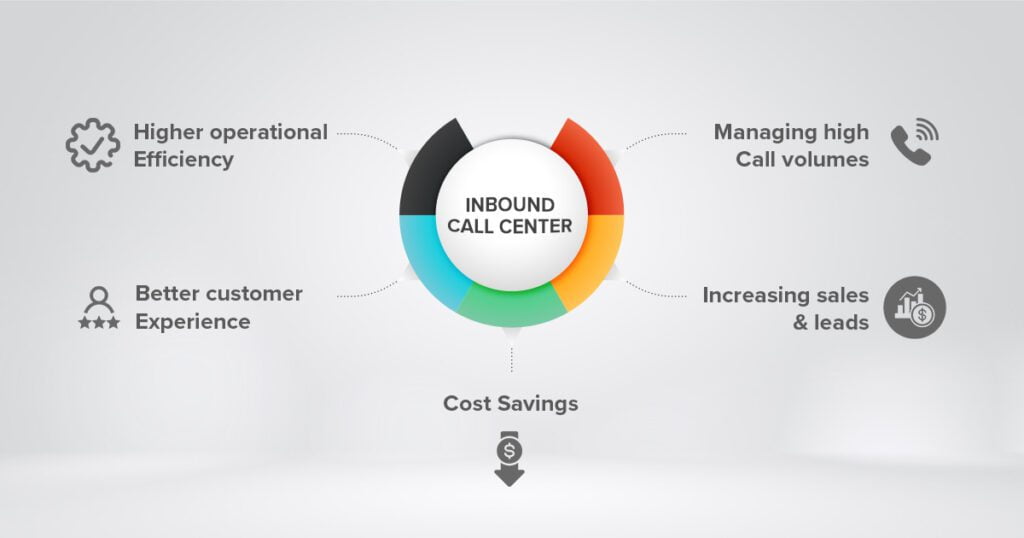Before you start your search for the right call center inbound, you must have a clear understanding of your business requirements. Are you looking for a 24/7 support service, help with product inquiries, order processing, or technical support? Identifying your needs will help you find a call center that specializes in your specific industry.

Defining Your Objectives
Set clear objectives for what you want to achieve through the call center inbound. Whether it’s increasing sales, improving customer satisfaction, or resolving issues more efficiently, having well-defined goals will guide your decision-making process.
Budget Allocation
Consider your budget and decide how much you are willing to invest in outsourcing call center services. Remember that a lower cost doesn’t always equate to better service, so finding the right balance is essential.
Geographical Location
The location of your call center inbound can impact communication and cultural compatibility. Decide whether you want an onshore, nearshore, or offshore call center, depending on your needs and customer base.
Technology and Infrastructure
Check if the call center uses up-to-date technology and has the necessary infrastructure to handle your operations efficiently. Integration with your systems is vital for a seamless workflow.
Scalability
Your business may grow, and your call center inbound needs to grow with it. Ensure that the call center can easily scale its operations to accommodate your changing requirements.
Industry Experience
Seek out a call center that possesses industry expertise. They will understand the specific challenges and requirements of your business better.
Agent Training and Quality
Well-trained and knowledgeable agents are crucial for providing excellent customer service. Inquire about the call center’s training programs and quality control measures.
Service Level Agreements (SLAs)
Clear and robust SLAs ensure that the call center meets your service expectations. Make sure to review and negotiate SLAs that align with your objectives.
Data Security and Compliance
Protecting your customer data is essential. Ensure that the call center complies with data security regulations and industry standards.
Communication Channels
Determine which communication channels are vital for your business, whether it’s phone, email, chat, or social media. The call center should support the channels that matter most to your customers.
Customer Feedback Mechanism
A reliable feedback mechanism is necessary to gauge customer satisfaction and make necessary improvements. Discuss how the call center gathers and acts on customer feedback.
Performance Monitoring and Reporting
Regular performance monitoring and reporting help you stay informed about how well the call center is meeting your objectives.
Contract Flexibility
Ensure that the contract terms are flexible and can be adjusted as your business evolves.
Must Read: Building Strong Relationships: Communication And Conflict Resolution
Conclusion
Selecting the optimal call center inbound for your business is a pivotal decision that can impact your customer service quality and overall business success. By carefully considering the factors outlined in this article, you can make an informed choice that aligns with your business goals and customer service expectations.
Frequently Asked Questions (FAQs)
Distinguishing between an outbound and a call center inbound?
Call Center inbound handles incoming customer inquiries and support, while outbound call centers make outgoing calls, often for sales and telemarketing purposes.
How do I determine the right geographical location for my call center?
The choice of location depends on factors like language compatibility, labor costs, and time zone alignment with your target audience.
Can I integrate the call center with my existing CRM system?
Many call centers offer CRM integration services to ensure seamless information sharing between your systems.
Exactly what is an SLA and why is it necessary?
An SLA is a contract that defines the level of service a call center will provide. It’s important as it sets clear expectations and standards.
How can I evaluate my outsourced call center?
Key performance indicators (KPIs) such as response time, customer satisfaction, and issue resolution rate can help gauge your call center’s success.
